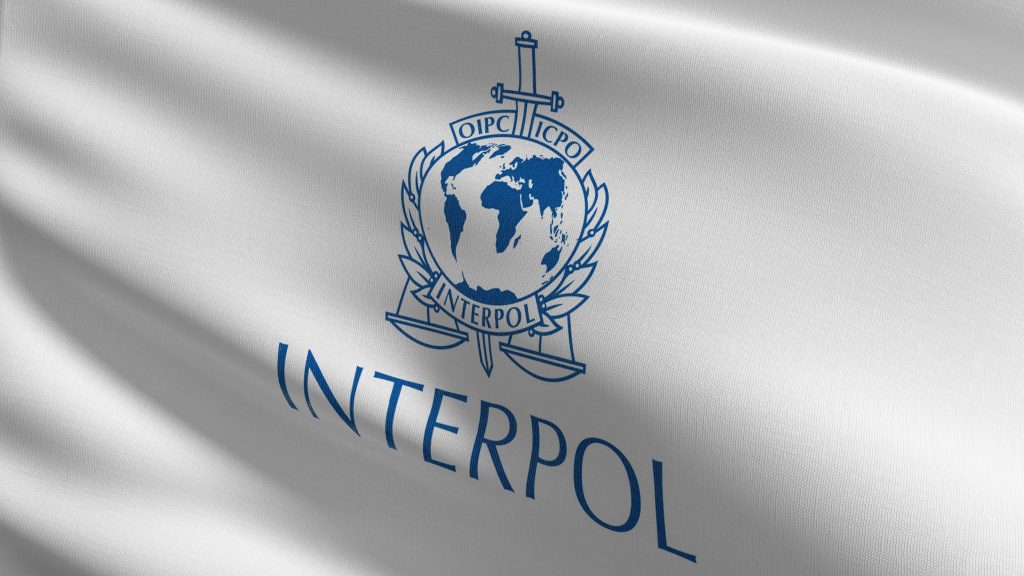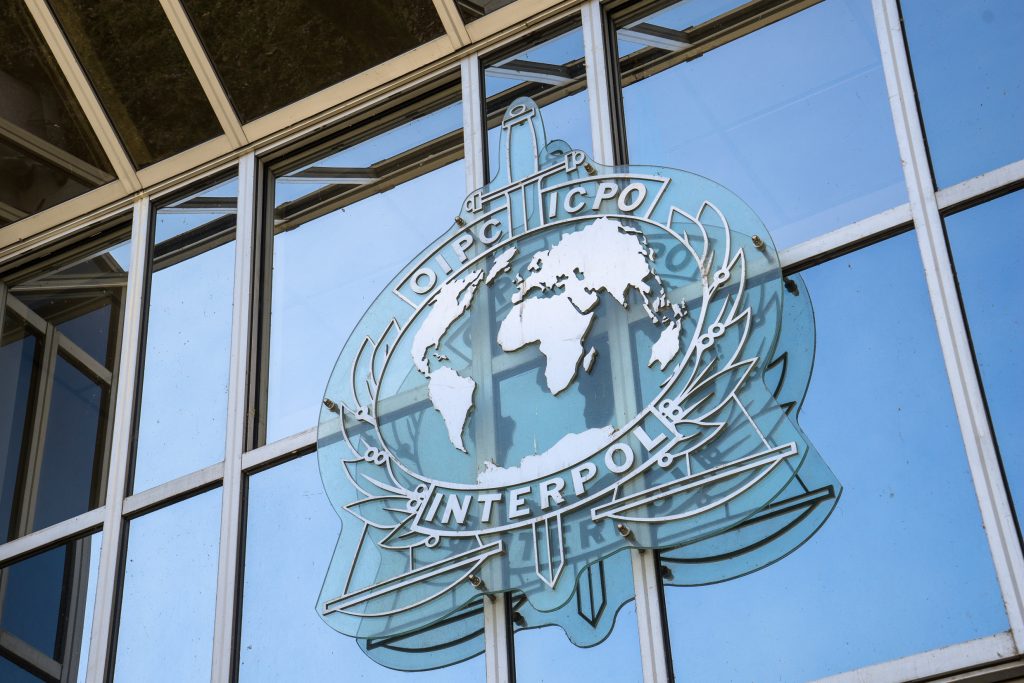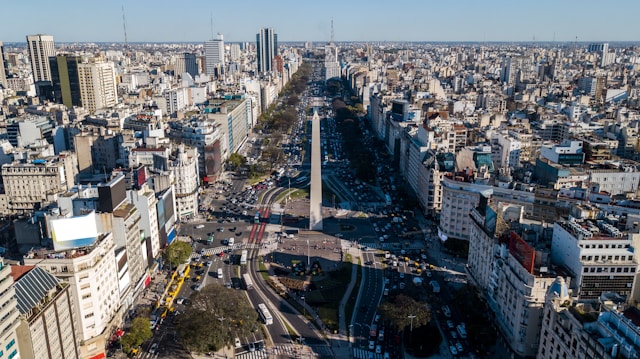Last month saw the announcement of Glasgow as the host city for the 2024 Interpol General Assembly. The Assembly will meet in November of next year. The General Assembly is Interpol’s supreme governing body and it meets every year to “ ensure that Interpol’s activities correspond to the needs ” of its member countries.
The annual jamboree sees Interpol make decisions on policies, resources and finance and is also the event at which Interpol elects its most senior officials including the Secretary General, the Executive Committee as well as the members of the Commission for Control of Interpol’s Files. The current Secretary General of Interpol, Jürgen Stock was elected for a final five-year term in 2019 so next year’s event should also see the election of a new Secretary General.
Con un cambio de liderazgo a la vista, y la celebración de la Asamblea General en el territorio de los autores de este blog, la próxima Asamblea General ofrece un momento útil para analizar algunas de las reformas que podrían plantearse en el período previo.
As coincidence would have it, only a few weeks before the announcement of the Glasgow General Assembly, the UK agreed a Treaty with Interpol, giving the organisation and its officials immunity from legal proceedings in the UK. The Treaty was, perhaps unsurprisingly, agreed in part to allow the UK to host the General Assembly and the UK/Interpol: Agreement on the Privileges and Immunities of Interpol on the Territory of the UK Treaty will be ratified and brought into force likely before autumn 2023. As the UK’s own explanatory memorandum on the Agreement provides: “ It is necessary to grant Interpol a certain set of privileges and immunities covering their activities in the UK. ”
The granting of immunities to Interpol is nothing novel – the “Headquarters Agreement” concluded between Interpol and the Government of France, as well agreements with other governments on whose territory Interpol has premises set out a number of privileges and immunities which host countries grant to Interpol to allow Interpol to fulfil its mission.
In broad terms, those immunities mean that national courts or other tribunals may not exercise jurisdiction or intervene in cases related to Interpol Red Notices, diffusions or other data which is processed via the Interpol systems. In the US, as recently as 2022, Courts there affirmed judicial findings that Interpol is immune from suit as a public international organisation, within the provisions of the International Organizations Immunities Act, meaning that Interpol has “ the same immunity from suit extended to foreign sovereigns ”.
Aunque recientemente ha habido varios intentos de traspasar la inmunidad de Interpol -por ejemplo, una denuncia presentada en Francia contra el Presidente de Interpol, el General de División al-Raisi, acusado de tortura-, hasta ahora la inmunidad de Interpol se ha mantenido inquebrantable, y los autores de este blog no tienen conocimiento de que haya prosperado ningún intento de presentar demandas contra Interpol por la publicación indebida de difusiones rojas o de impugnar de cualquier otro modo el ejercicio indebido o ilegal de las competencias de Interpol.
Los lectores de este blog conocerán demasiado bien el impacto devastador que puede tener una notificación roja emitida indebidamente, que va desde una profunda restricción de la libertad hasta el encarcelamiento prolongado en condiciones de tortura e incluso la muerte.
In short, given Interpol’s strategic and effective deployment of treaties with host nations around the world, it remains impossible to hold Interpol to account for its actions in a judicial context. Notwithstanding Interpol’s repeated refrain that the Red Notice system and the checks and balances afforded by the CCF means that the system is working well, a cursory analysis of both the volume of Red Notices which are deleted – as well as the consequences that we see in individual cases – clearly demonstrates that the system is very far from perfect and needs reform.
Immunity is undoubtedly necessary for international organisations such as Interpol to carry out their vital work. Yet Interpol’s immunity appears to extend far beyond limits which might otherwise be reasonable in domestic police forces or information gathering organisations.
Aunque, como hemos escrito en repetidas ocasiones, Interpol no es una fuerza policial, el papel que desempeña representa un aspecto vital de la policía internacional y amplía efectivamente el alcance de una fuerza policial en el país A al territorio del país B. Interpol diría sin duda que cualquier violación de su inmunidad de demanda tendría un efecto amedrentador sobre su capacidad para llevar a cabo su trabajo, o tal vez señalarían el funcionamiento de la CCF como un ejemplo de cómo sus propios mecanismos internos de supervisión ya están funcionando.
Pero, en realidad, en todos los sistemas democráticos desarrollados del mundo, la revisión judicial y otros mecanismos similares prevén la supervisión de los organismos públicos que ejercen funciones similares de intercambio de información, y esos organismos pueden rendir cuentas y lo hacen con regularidad.
Interpol’s immunity shields the organisation from such scrutiny, even when it manifestly oversteps its authority or engages in wrongdoing, albeit inadvertently. This blanket immunity fundamentally contradicts principles of accountability and the rule of law which should form the bedrock of any international organisation, including one which exercises such an important function.
La CCF realiza un trabajo importante, pero, sin embargo, sin mecanismos adecuados para que Interpol rinda cuentas, existe un grave riesgo de que la confianza en Interpol se erosione aún más cuando sea explotada por elementos deshonestos y utilizada para la persecución política.
Interpol is a powerful conduit for international cooperation in the pursuit of justice, but its immunity hampers the very essence of that justice by impeding the examination of wrongful actions committed by those who would weaponise or otherwise manipulate Interpol’s systems. Victims of wrongful arrest or politically motivated Red Notices find themselves trapped in a web of impunity, unable to seek justice or clear their names, and just as importantly, seek a mechanism for redress and reparation.
It is crucial to acknowledge that accountability should not be an impediment to Interpol’s work, rather it is a necessary safeguard against abuse. Striking a balance between operational autonomy and accountability is not an insurmountable challenge. By subjecting Interpol to an external review mechanism in national courts, we can ensure that the organisation’s actions are aligned with its objectives, free from bias or the hidden objectives of those who would otherwise seek to manipulate systems which can be a force for international crime prevention and detection.
In short, Interpol’s immunity from legal action represents an outdated and inappropriate privilege that requires urgent re-examination. In the run-up to the Glasgow hosting of the General Assembly 2024, this may well be the time to conduct that re-examination.
—
Si necesita asesoramiento jurídico de abogados especializados en difusiones rojas de Interpol sobre cualquier asunto relacionado con Interpol, póngase en contacto con nosotros aquí . Puede leer más sobre nosotros, aquí.
—
Image: Unsplash



